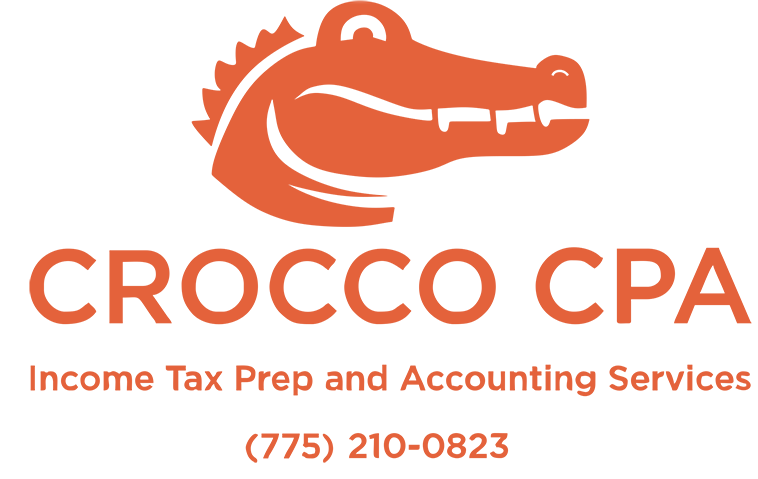Filing taxes can be a daunting task for small business owners, especially when navigating the intricate maze of tax laws and regulations. While some entrepreneurs may attempt to tackle their taxes independently to save costs, this approach often leads to mistakes that can have serious consequences. In this blog post, we’ll explore some common mistakes small business owners make when filing taxes on their own and why seeking professional guidance is essential.
Neglecting Documentation and Recordkeeping
One of the most common mistakes small business owners make is neglecting proper documentation and recordkeeping throughout the year. Without accurate and organized financial records, it’s challenging to prepare an accurate tax return. Missing or incomplete records can result in overlooked deductions, overpayment of taxes, or even triggering an audit by the IRS. Maintaining detailed records of income, expenses, receipts, and other financial transactions is crucial for tax compliance and financial management.
Misclassifying Workers
Another common pitfall for small business owners is misclassifying workers as independent contractors instead of employees (or vice versa). The distinction between employees and independent contractors is significant for tax purposes, as it determines the tax obligations and reporting requirements for both the business and the worker. Misclassification can result in penalties, back taxes, and legal liabilities. Small business owners must understand the criteria used by the IRS to differentiate between employees and independent contractors and ensure proper classification to avoid costly errors.
Overlooking Deductions and Credits
Many small business owners fail to take advantage of all available deductions and credits when filing their taxes. Whether it’s overlooking deductible business expenses, failing to claim eligible tax credits, or not maximizing retirement contributions, missing out on tax-saving opportunities can result in higher tax liabilities. Working with a tax professional who understands the intricacies of small business taxes can help identify and maximize deductions and credits, ultimately reducing the tax burden and increasing tax savings.
Failing to Separate Personal and Business Finances
Mixing personal and business finances is a common mistake among small business owners, but it can have serious tax implications. Failing to maintain separate bank accounts, credit cards, and financial records for business transactions can lead to confusion, errors, and potential IRS scrutiny. It’s essential to establish clear boundaries between personal and business finances to accurately track income and expenses, maintain compliance with tax laws, and protect personal assets from business liabilities.
Ignoring Tax Deadlines and Filing Requirements
Missing tax deadlines and filing requirements is a costly mistake that small business owners cannot afford to make. Whether it’s failing to file quarterly estimated tax payments, overlooking filing deadlines for business tax returns, or neglecting to submit required tax forms, noncompliance can result in penalties and interest charges. Staying organized, keeping track of important tax deadlines, and understanding filing requirements are essential for avoiding costly penalties and maintaining good standing with tax authorities.
Filing taxes as a small business owner can be complex and challenging, but avoiding common mistakes is crucial for financial stability and compliance. By addressing documentation and recordkeeping, worker classification, deductions and credits, financial separation, and tax deadlines, small business owners can mitigate risks and optimize tax outcomes. Seeking professional guidance from a qualified tax advisor or CPA is highly recommended to navigate the complexities of small business taxes effectively. With expert assistance, small business owners can ensure accurate tax filings, minimize tax liabilities, and focus on growing their businesses with confidence.

